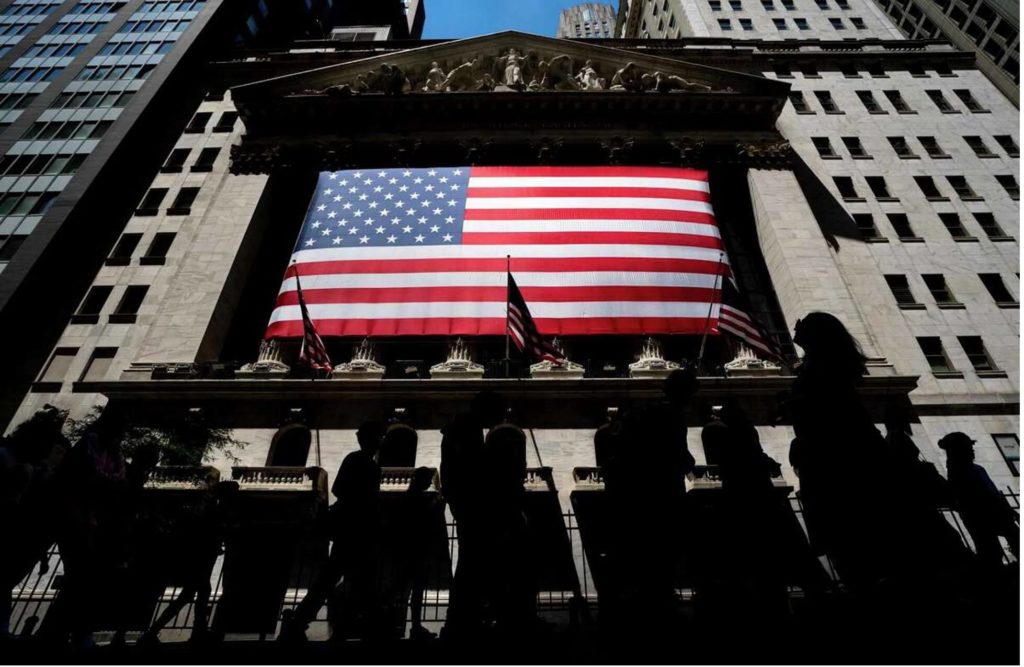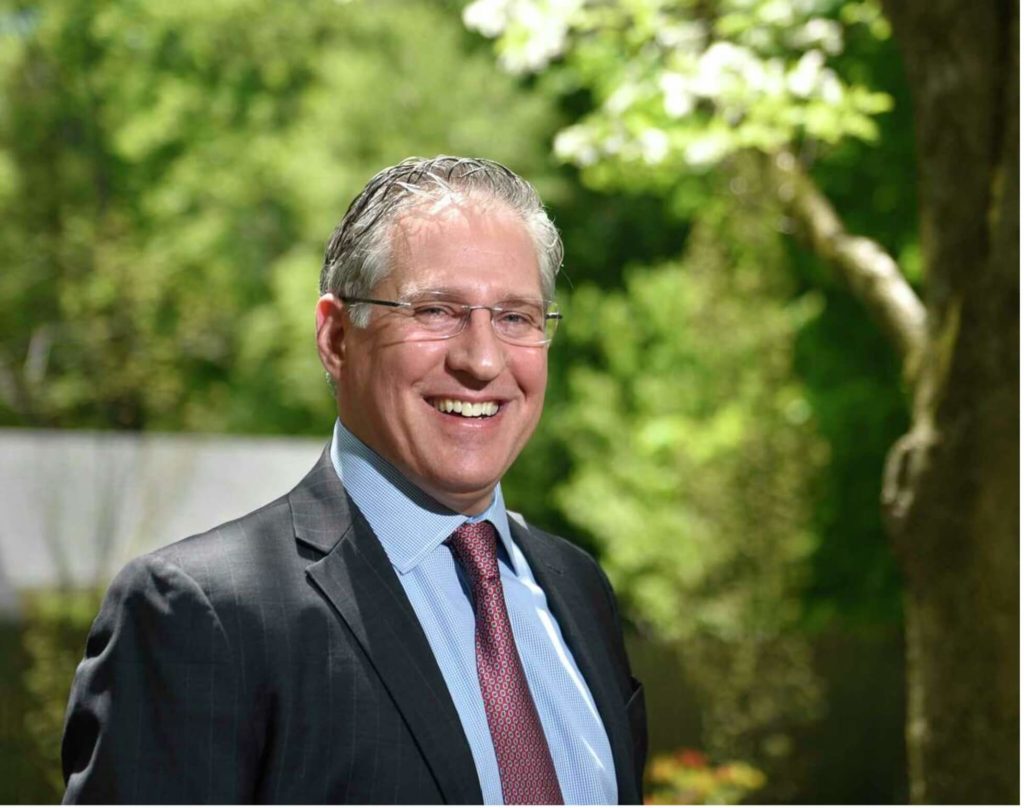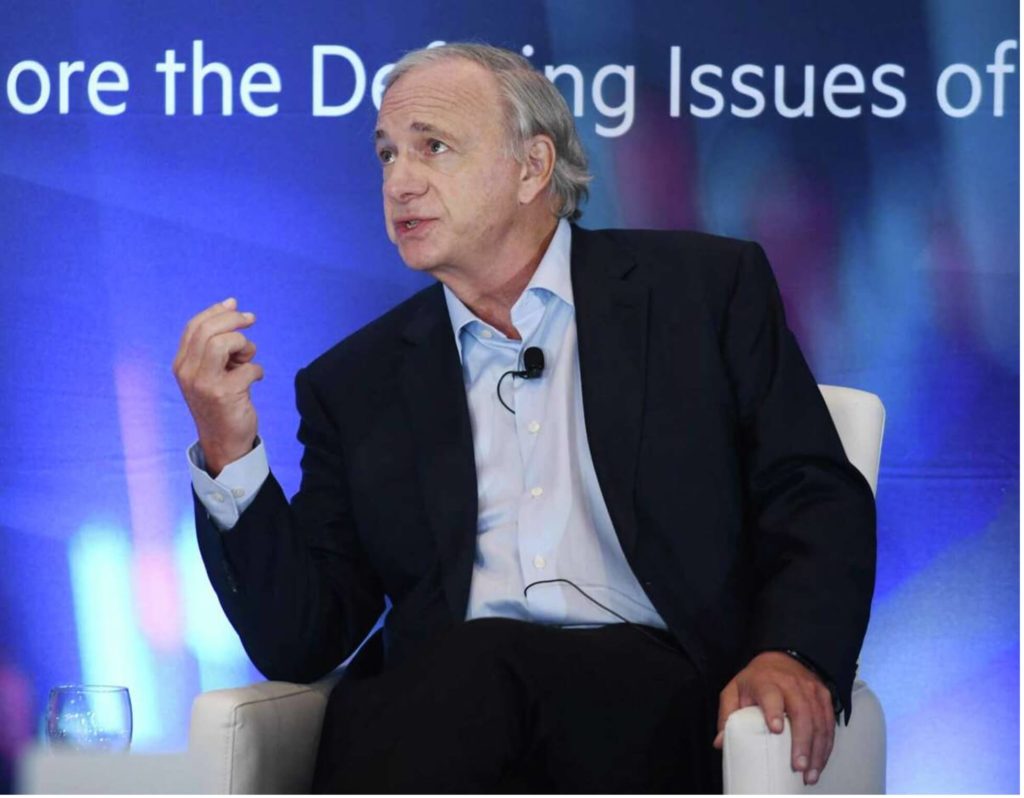

(AP Photo/Julia Nikhinson)
Most Americans with retirement investment plans or other investment portfolios will not look back fondly on the first half of 2022.
In the past six months, capital markets have been shaken by economic disruption and uncertainty driven in large part by surging inflation and rising interest rates. Highlighting the upheaval, the bellwether S&P 500 index finished the first half of the year with a loss of more than 20 percent after starting the year at an all-time high — marking its worst start to a year since 1970.
Amid the turmoil, a number of Connecticut wealth managers said that they are advising their clients to not panic and stay focused on their long-term goals.
“It’s obviously been a horrendous market environment with a lot of volatility,” Brian Moss, founder and chief executive officer of Soaring Capital Management, a Darien-based private wealth management firm, said in an interview. “But my clients have been taking it in stride.”

Widespread losses
The market volatility reflects investor anxiety and uncertainty amid an acute rise in interest rates as the Federal Reserve and other central banks have grappled with the highest inflation in more than 40 years.
The Fed has raised interest rates three times this year, with last month’s increase of three-quarters of a percentage point comprising the largest hike since 1994. Higher rates can lower inflation, but they also slow the economy — and raise the risk of a recession.
On June 13, the S&P 500 fell into a bear market. As of last week, it was 21 percent below its Jan. 3 all-time high and had returned to its level in early March 2021.
“Clients obviously are concerned about market behavior,” Donovan Wildgoose, a Bank of America Private Bank managing director for the southern Connecticut region, said in an interview. “What they’re speaking to us about and sharing concerns about is really around their long-term goals and wanting some reassurance about whether those goals are still intact or is there anything we need to be doing to make sure they remain on track. It really is an interesting time.”
Bonds, an ostensibly reliable fixture of investment portfolios, have also faltered — reflecting investors’ concerns about inflation diminishing the purchasing power of bonds’ fixed payments. Investment-grade bonds were down about 11 percent during the first six months of 2022. Such a decline is even more conspicuous because of its infrequency. The Bloomberg U.S. Aggregate Index, a widely used benchmark, has posted only four losing years since 1976.
Cryptocurrencies have not provided a haven from the market turmoil either. Bitcoin plunged from nearly $69,000 last November to below $20,000 last month, partly because of the same factors that hammered stocks: inflation and higher interest rates.
“Pretty much all my clients understand that markets go up and markets go down and that we can’t control a lot of these factors,” Moss said. “I also have had a lot of potential clients calling me very concerned, saying ‘What do I do?’ or ‘I’ve lost so much money, and am I ever going to get it back? Will I ever be able to retire?”
If a recession hits, Moss does not expect it to be severe. He also believes the current disruption could soften the impact of such a downturn.
“You’ve seen the markets somewhat already take their losses in anticipation of a recession,” Moss said.
Focusing on the long term
Investors should brace themselves for more headwinds, but not act rashly, according to many experts.
“It looks to me like a ‘stagflation’ kind of environment,” Ray Dalio, founder of Westport-based Bridgewater Associates, the world’s largest hedge fund, said in a recent interview with CNN’s Richard Quest. “Individuals have got to know what does that mean. For example, interest rates and debt instruments that they’re holding will not have a real return that’s adequate. In other words, not enough earnings to compensate for inflation.”

Dalio added that, “If people start to think in terms of buying power and realize that cash instruments and debt instruments are going to be a challenge and try to diversify their portfolios, those would be the main headlines I’d convey.”
Wealth managers are also urging clients to keep faith in long-term strategies.
“If we look at the market’s behavior in the past when we’ve experienced these types of corrections and pullbacks, history has shown us over and over again that an investor who sticks with their plan ultimately will benefit by participating when the market recovers,” Wildgoose said. “Emotion is the enemy of long-term returns.”
Moss is similarly encouraging his clients to take a long-term view of the markets. He said that the soundness of Soaring Capital clients’ investment portfolios has been proven by them declining by an average of only 10 percent in the first half of 2022, compared with the 21 percent drop in the S&P 500.
“You need to be balanced, diversified and allocate with a lens toward potential downside, not just upside,” Moss said. “To cite Wayne Gretzky’s famous quote: ‘Skate to where the puck is going, not where it is.’”
This article contains reporting from The Associated Press.
pschott@stamfordadvocate.com; twitter: @paulschott
Written By
Paul Schott is a business reporter at Hearst Connecticut Media, writing about the issues affecting small- and medium-sized businesses and large corporations based in southwestern Connecticut, with a focus on Stamford and Greenwich. He previously covered education for Greenwich Time and general assignments for Westport News. Paul welcomes readers’ ideas and suggestions and strives to cultivate a robust dialogue with Hearst Connecticut Media’s audience.